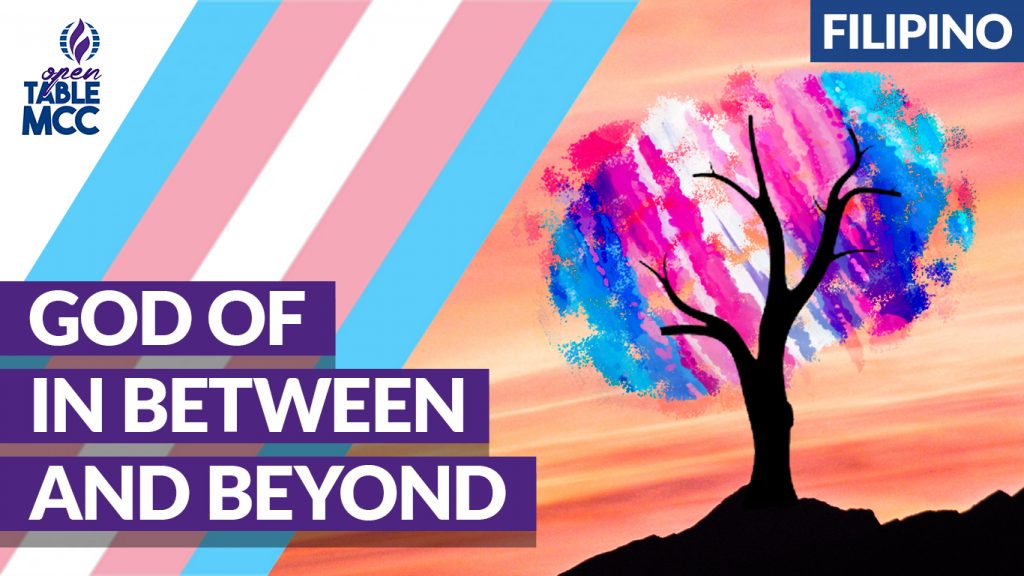As M Barclay puts it: “This chapter talks about night and day and land and water, but we have dusk and we have marshes. These verses don’t mean ‘there’s only land and water, and there’s nowhere where these two meet.’ These binaries aren’t meant to speak to all of reality—they invite us into thinking about everything between and beyond.” When we attempt to box God’s creation in by looking to Genesis 1:27 and expecting every person on earth to fall into line, we’re asking the text the wrong question. If Genesis 1 was meant to describe the world as it is, the biblical authors would have needed a scroll hundreds of feet long. Thank goodness we don’t have to slog through verse after verse that reads like a biology textbook on taxonomy, naming creature after creature from the elephant down to the paramecium. Just as we wouldn’t expect astronomers to cram things like comets and black holes into the categories of sun or moon, we shouldn’t expect all humans to fit into the categories of male and female. Just because those are the only two listed in Genesis, instead of asking the text to define and label all that is, we can ask God to speak into the space between the words, between biblical times and our time, between categories we see as opposites.
Transforming: The Bible & The Lives Of Transgender Christians by Austen Hartke
I give you a new commandment, that you love one another. Just as I have loved you, you also should love one another. By this everyone will know that you are my disciples, if you have love for one another.”
John 13:34-35
Podcast: Play in new window | Download
Subscribe: Apple Podcasts | Spotify | RSS



